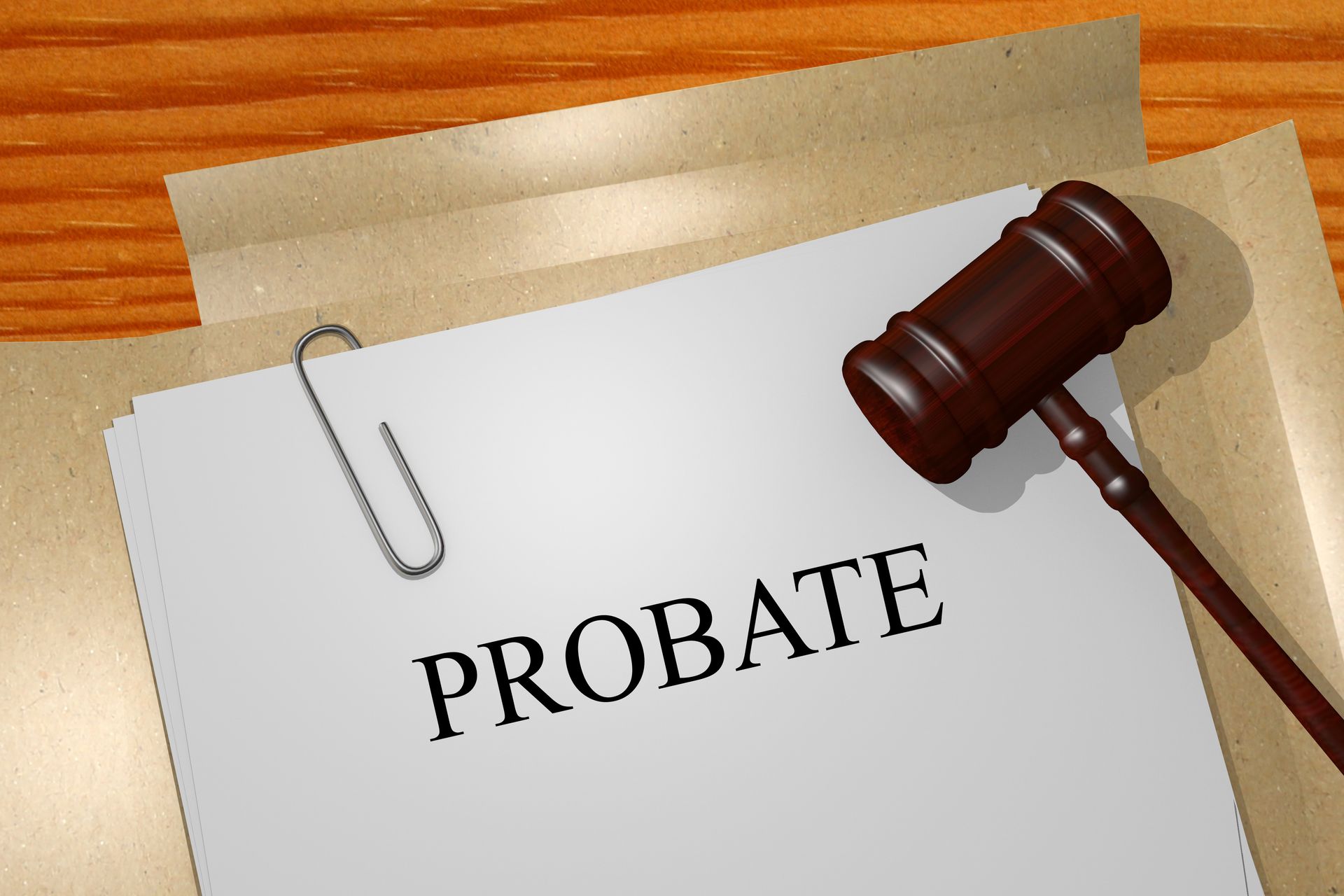Contact Us
Phone: 949-979-7167
Location
15375 Barranca Parkway,
Suite A-208,
Irvine, CA, 92618
Hours
- Mon - Sun
- Open 24 Hours
What to know about California drug laws
Understanding Drug Laws in California
Drug policy in California refers to a range of individual laws for different drug types and crime classes. Drug policy can be categorized and understood in two primary ways — either related to specific substances or related to specific crimes. Certain substances are associated with penalties based on their accepted medical use and ability to do harm, and specific crimes are measured in seriousness based on their severity and impact on society.
California drug laws can be complex and difficult to understand. Different penalties and provisions are in place for different substances and drug charges. For example, while the US state of California is known to have lighter sentencing for the possession of certain controlled substances, penalties for cultivating, manufacturing, and distribution can still be very harsh.
Let's take a detailed look at drug laws in California in terms of both specific substances and crime classifications.
Overview of California drug laws
In California, drug laws exist for a range of controlled substances. From illegal drugs like heroin and cocaine to legal prescription medications, a schedule of controlled substances has been created by the State of California. Five groups exist based on medical application and addiction potential, with drugs in each category linked with similar legal punishments.
- Schedule I drugs have a high abuse of risk and no safe accepted medical use. This group includes opiates, opium derivatives, base cocaine, MDMA, LSD, mescaline, peyote, and all forms of synthetic cannabis.
- Schedule II drugs also have a high potential for abuse, but they also have accepted medical uses. This group includes cocaine, methamphetamine, morphine, oxycodone, Adderall, Ritalin, and Vicodin.
- Schedule III drugs are potentially addictive and have a relatively low acceptance in the medical community. This group includes ketamine, mid-to-high dose codeine, anabolic steroids, methenolone, nalorphine, and benzphetamine.
- Schedule IV drugs have a potential for addiction and significant medically accepted use. This group includes many prescription drugs, including tramadol, Ambien, and benzodiazepines such as Valium and Xanax.
- Schedule V drugs are less likely to create dependency, and they also have accepted medical uses. This group includes a range of prescription drugs such as low-dose codeine, buprenorphine, Robitussin AC, Lomotil, and Motofen.
What about cannabis?
Cannabis deserves special mention, with laws surrounding its use having recently changed in California and across much of the United States. While marijuana, which describes dried material from the cannabis plant, is still included in Schedule I under United States law, it is increasingly noted for its medicinal benefits and lack of addictive properties. A number of Propositions and Acts surrounding marijuana have been adopted over recent years, with the following two being the most significant:
- In 1996, Proposition 215 was passed in California, which removed state-level criminal penalties for the use, possession, and cultivation of marijuana for medical use.
- The Adult Use of Marijuana Act went into effect in 2018. Adults in California can now possess or grow marijuana for personal use, although it is still illegal to sell or possess marijuana with intent to sell.
Overview of crime classes
Along with drugs themselves, drug policy in California can also be understood based on types of criminal activity and associated charges. From possession to distribution and manufacture, the following drug crimes and sentences are noted in California:
Possession
Most drug crimes are related to possession, which is defined under Drug Possession Law in California - Heath and Safety Code 11350. Also known as possession of a controlled substance, this is a felony offense that can be charged as a misdemeanor. The following types of possession are listed under California law:
- Actual Possession means the drug is physically on your person.
- Constructive Possession means the drug is somewhere “within your control” where you could easily access it.
- Joint Possession means two people have shared ownership of the drug.
- Possession with intent to sell implies distribution, which is listed below.
To convict someone of drug possession, the following proof is required:
- You had control over the drug.
- You were aware that you possessed the drug.
- You had knowledge that it was an illegal drug.
- You had a usable amount of the drug.
- You did not have a valid prescription for the drug.
Distribution
Also known as drug dealing or drug trafficking, distribution describes a broad range of drug crimes linked with selling, transporting, administering, and importing various controlled substances. This includes the distribution of illegal drugs and the illegal distribution of prescription drugs.
Manufacturing
Drug manufacture describes a broad range of drug crimes linked with producing, processing, or cultivating controlled substances. This crime includes direct involvement with the manufacture and indirect involvement with the supply of chemicals and equipment. Drug manufacture is a serious crime that involves heavy penalties.
Overview of criminal charges and penalties
When someone is charged with a drug crime, the potential conviction and sentence received depends on a range of factors. Common factors include the type and quantity of the drug, with distribution cases also affected by the location of the transaction and whether or not minors were involved. Most drug crimes in California involve possession or small-scale transactions, with large-scale trafficking and manufacture associated with longer sentences.
Depending on the crimes listed above, drug charges fall under one of the following three groups:
- Infractions - don’t include jail time
- Misdemeanors - charges with minor penalties
- Felonies - often involve jail time
What is Proposition 47?
Proposition 47 was passed in 2014, with this law reducing some felonies to misdemeanors. While drug crimes are highly variable, and various factors affect penalties, this law reduced the legal severity of some drug crimes. In California, drug diversion programs are sometimes used instead of jail time, as a form of alternative sentencing for less serious drug crimes.
If you or someone you know has been arrested for any kind of drug crime, or you are currently being investigated, it's vital to speak with a lawyer as soon as you can. Please contact our legal experts to discuss the specifics of your case, including possible defenses, strategies, and tactics to help you achieve the best possible outcome.




Free Initial Consultation
Contact Us Today
Homepage FCE Form
We will get back to you as soon as possible.
Please try again later.
Homepage FCE Form
We will get back to you as soon as possible.
Please try again later.
By submitting this form, you agree to be contacted by our law firm, either by phone, text or by email.
Practice Areas
Hours
- Mon - Sun
- Open 24 Hours
All info submitted will be kept confidential and private. We will contact you via e-mail or phone for an initial free consultation with one of our attorneys. An attorney-client relationship is not established by submitting this initial contact information to our office, but can only be formed upon execution of an attorney-client agreement by the parties.
© Copyright 2022 | All Rights Reserved | Grant Law, A Professional Law Corporation | Powered By Convert It Marketing | Privacy Policy






